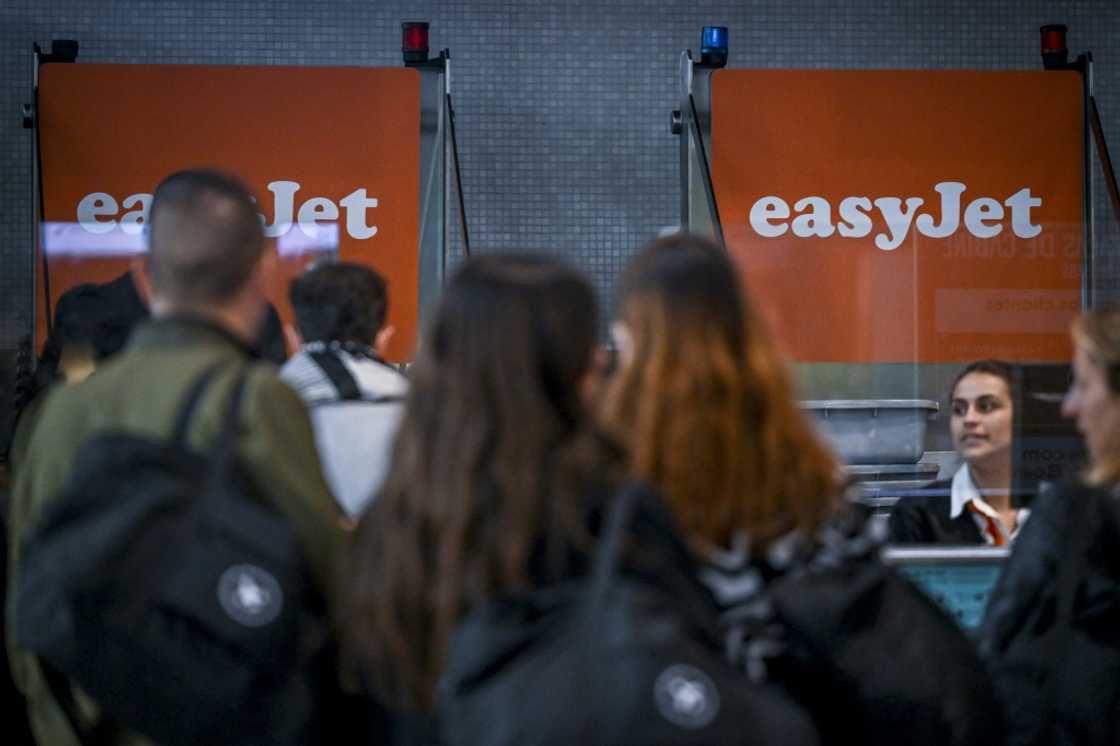EasyJet annual profit rises 40% on package holidays

Source: AFP
British no-frills airline EasyJet on Wednesday reported a 40-percent rise in annual net profit on strong demand for its package holidays.
Profit after tax stood at £452 million ($569 million) in the 12 months to the end of September, building on its return to profit last year following losses in the wake of the Covid pandemic.
"The outlook for EasyJet is positive," said chief financial officer Kenton Jarvis, who will take over as chief executive next year.
He pointed to the popularity of longer travel routes like North Africa and the Canaries, where the airline said it will continue to grow.
"We plan to take 25 percent more customers away on package holidays" which continue to "thrive", he added.
The airline reported that for its package holiday division -- which it launched in 2019 -- customer numbers increased by 36 percent from the previous financial year.
"The launch of the holidays unit has come at the right time with cost-conscious consumers searching for value packages," said Richard Hunter, head of markets at investment platform Interactive Investor.
"The family holiday remains almost sacrosanct and outside of normal budgetary restraints, which has played into the hands of EasyJet and its keenly priced offerings of flights and holiday packages," he added.
The company's board recommended dividend payments totalling £92 million to be made to shareholders, up from £34 million last year.
Following the results, shares in the carrier were up around 2.5 percent on London's top-tier FTSE 100 index.
'A record summer'
EasyJet added 6.9 million more passengers this year from last.
It said that increased capacity and passenger numbers helped offset industry-wide inflationary pressures -- which have increased costs for jet fuel and wages.
"We had a record summer, beating last year's record summer," the company's current chief executive Johan Lundgren told Bloomberg TV.
The bumper earnings come even after the airline paused certain flight routes to the Middle East owing to the Israel-Hamas war.
"The removal of key routes in this region continued into the second half of the year, this did not detract from overall capacity growth," the company said in an earnings statement.
Airlines have benefitted from growing global travel after the Covid years despite air fares soaring due to inflation.
Carriers have sought to recoup losses caused by the pandemic while facing the need to pay higher wages amid high levels of inflation that has also seen the cost of jet fuel soaring.
EasyJet, which has an all-Airbus fleet of aircrafts, has escaped the adverse affects of delays in deliveries of Boeing aircrafts that have affected Irish rival Ryanair.
Ryanair reported in November a hit to its second-quarter net profit and trimmed its passenger growth target for fiscal year 2026, following the aircraft delivery delays.
Source: AFP


